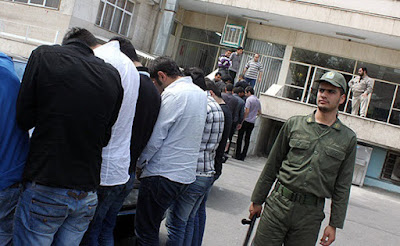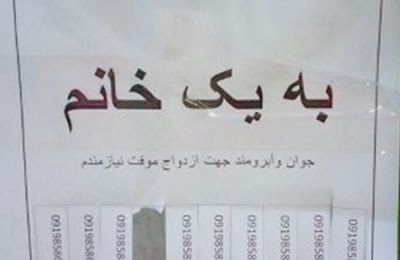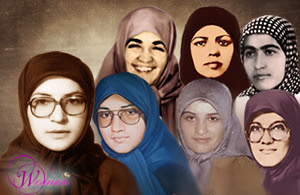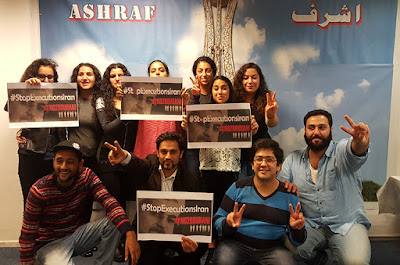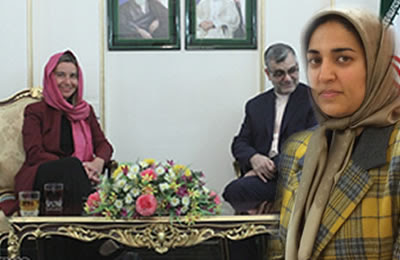 |
How hypocritical the
trip to Tehran is from the perspective of a dissident
|
The parade of Western
leaders, with their shared weaknesses.
The young Zanjani
speaks: “The mullahs haven’t changed”
Il Foglio - April 14,
2016
By Cynthia Martens
Paris. Elham Zanjani
has never been to Iran. Her parents left their home country in the 70s, and she
was born in Montreal in 1978 and raised in Toronto. Though Zanjani speaks
fondly of Canada, as a young girl she was troubled by the knowledge that far
away, cousins whom she had never met were living a totally different sort of
life.
“You
always have in the back of your mind,” she says in an interview with Il Foglio.
“How is it possible that I could grow up in a place where I could do sports, I
could swim, I could think freely, go to the mall, listen to music, eat what I
want and start building the future that I want – but my cousins, the same age
as I was, didn’t have the same rights,” she says, noting that the girls had to
wear full black chadors. Contact with loved ones in Iran was limited, due to
the regime’s aggressive monitoring of phone calls.
Zanjani’s concern for
her relatives eventually blossomed into a desire to work with the Iranian
resistance. As a college student in Canada, she was interested in
physiotherapy, but instead of finishing her studies, left everything for Camp
Ashraf, a city in Iraq near the border with Iran that was home to many
political refugees and former prisoners of the Iranian regime. Though she
initially expected her stay to be brief, Zanjani stayed for well over a decade,
working at the local hospital and putting her language skills – in addition to
English, she speaks French, Farsi and a bit of Arabic – to use as an
interpreter.
“I
got to improve my Farsi, and got to really understand my background much more,”
she recalls.
A relatively peaceful
life in Ashraf took a turn for the worse after U.S. troops pulled out of Iraq,
and residents of the camp experienced several attacks from Iraqi forces guided
by a prime minister, al-Maliki, who was sympathetic to the Iranian regime.
Zanjani was directly hit by a grenade. Getting proper care for her extensive
arm and leg injuries was complicated, and Zanjani eventually returned to
Canada, where she recovered.
